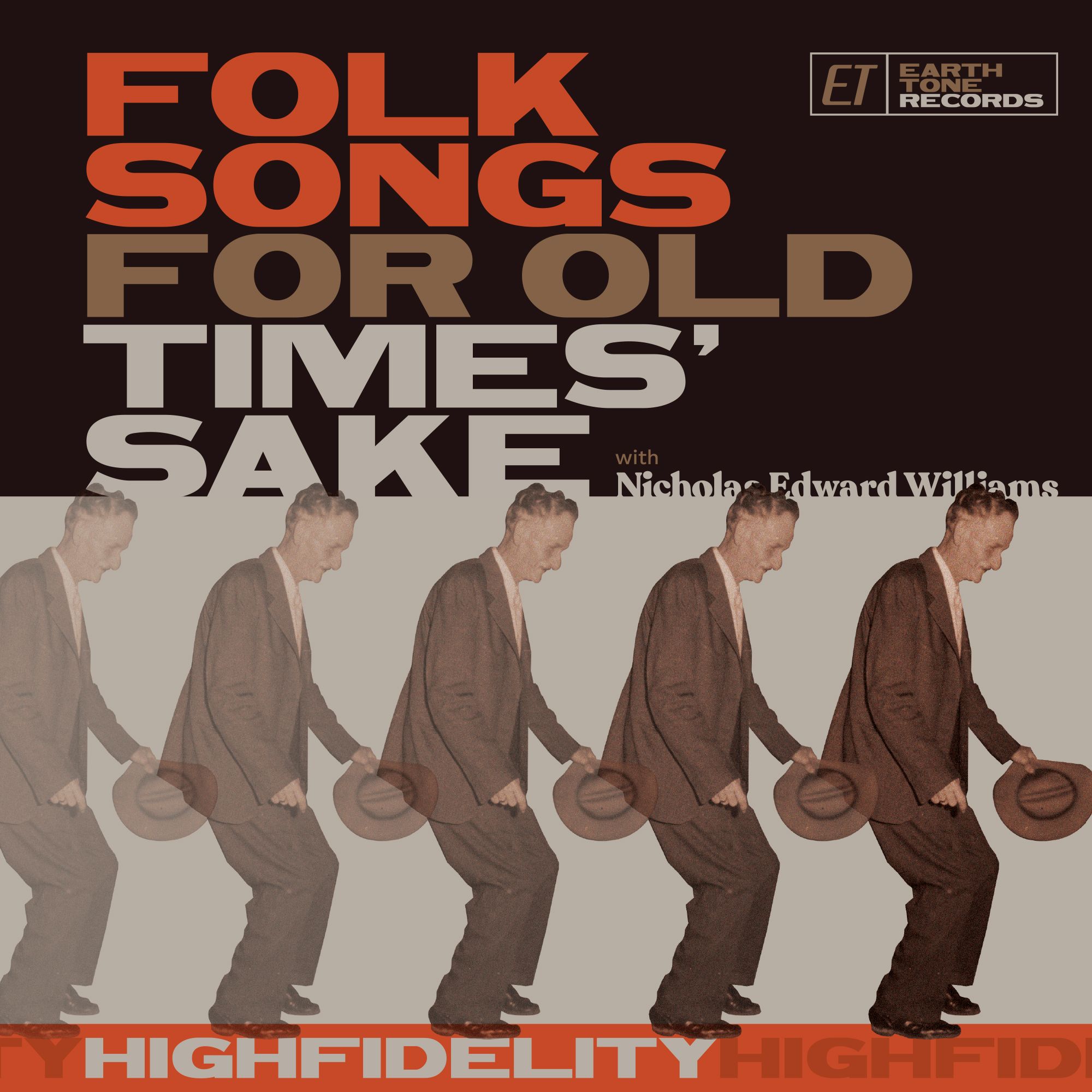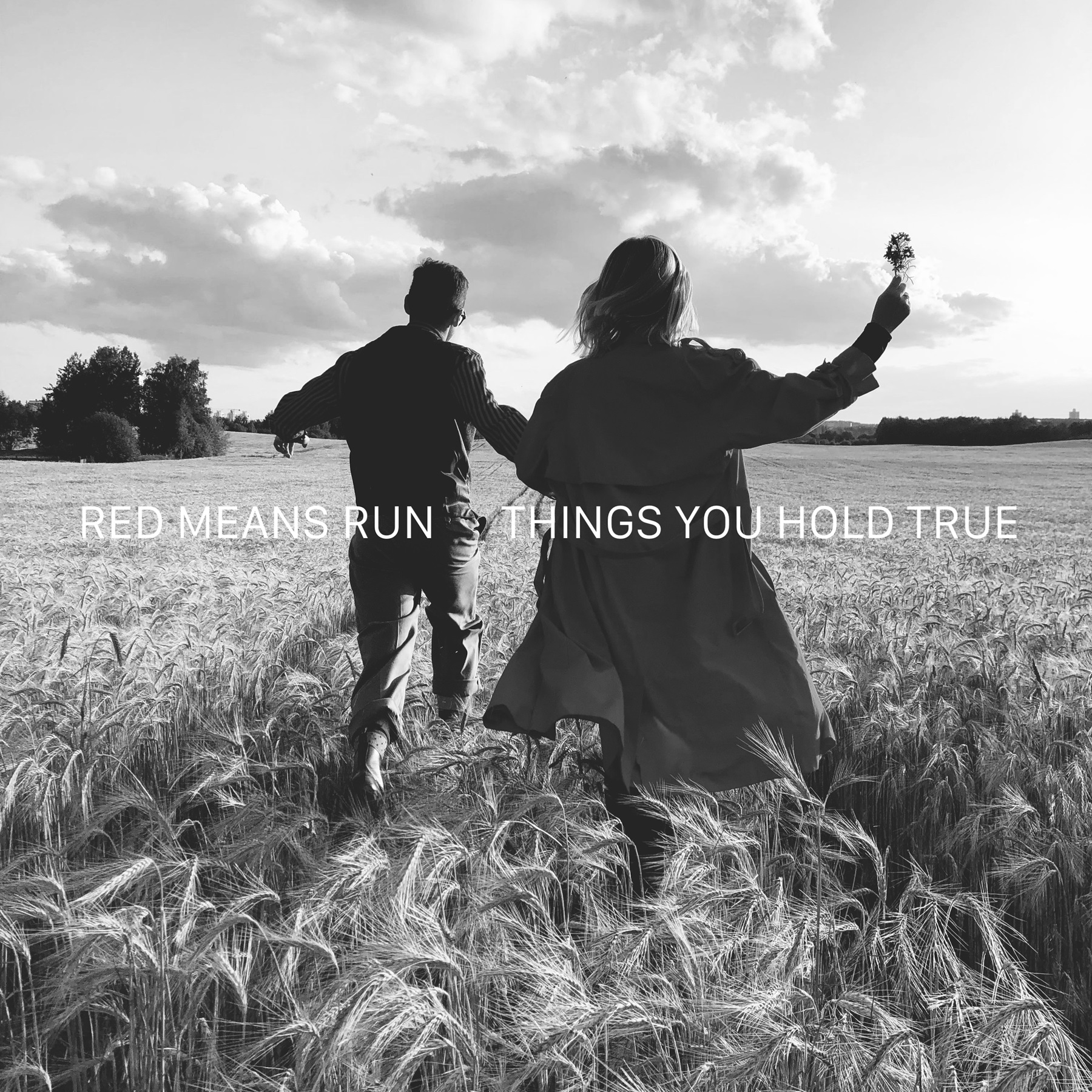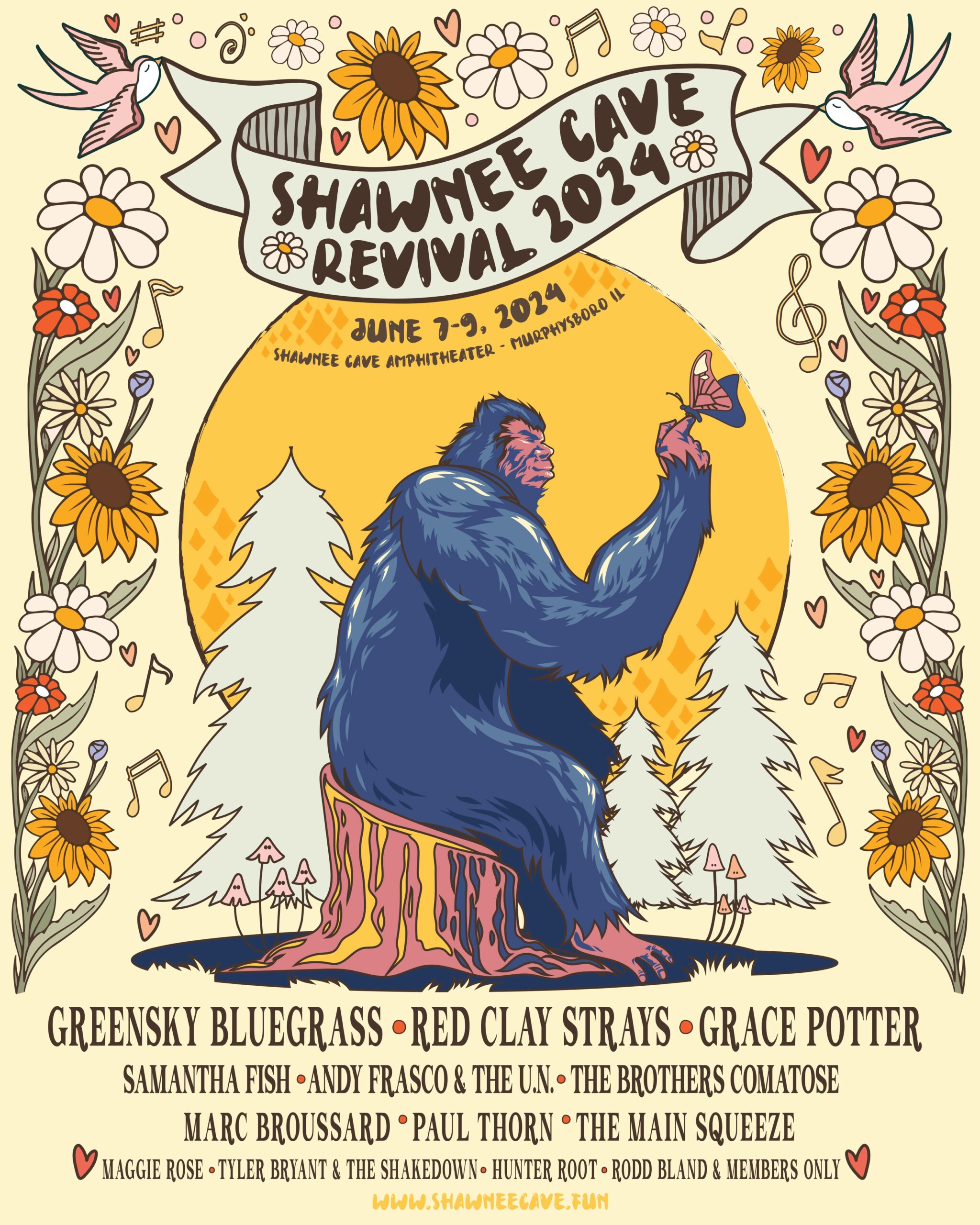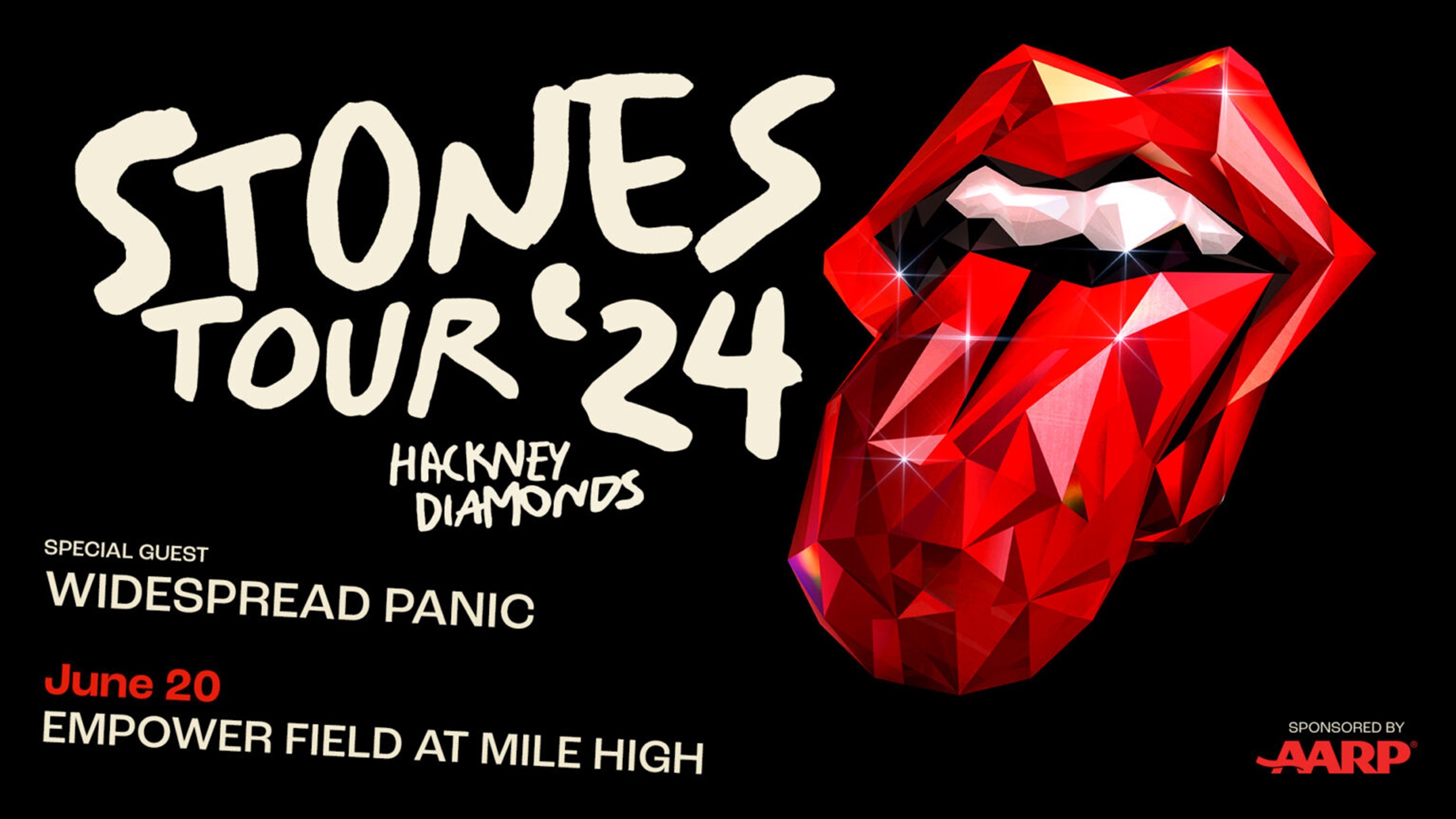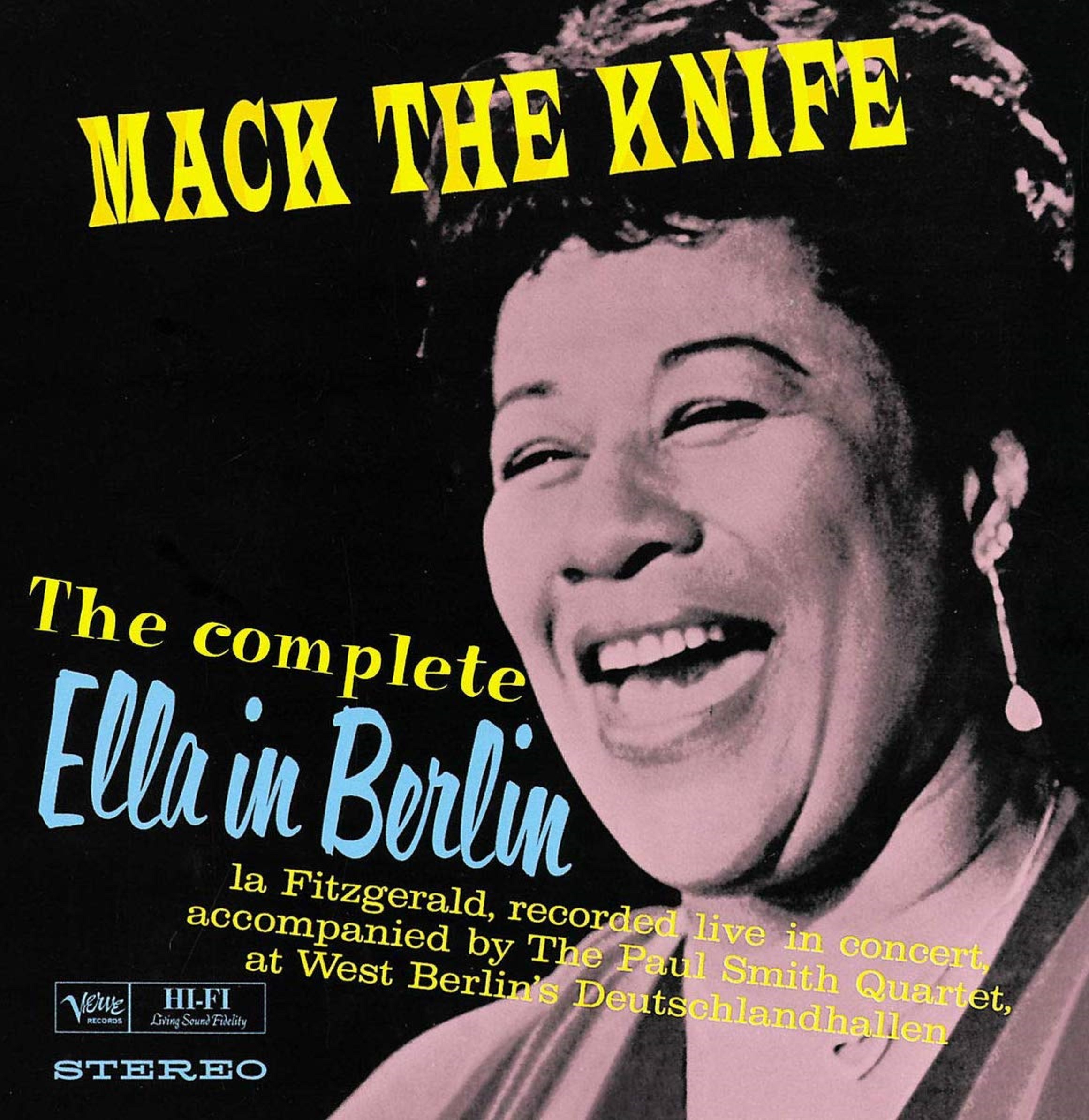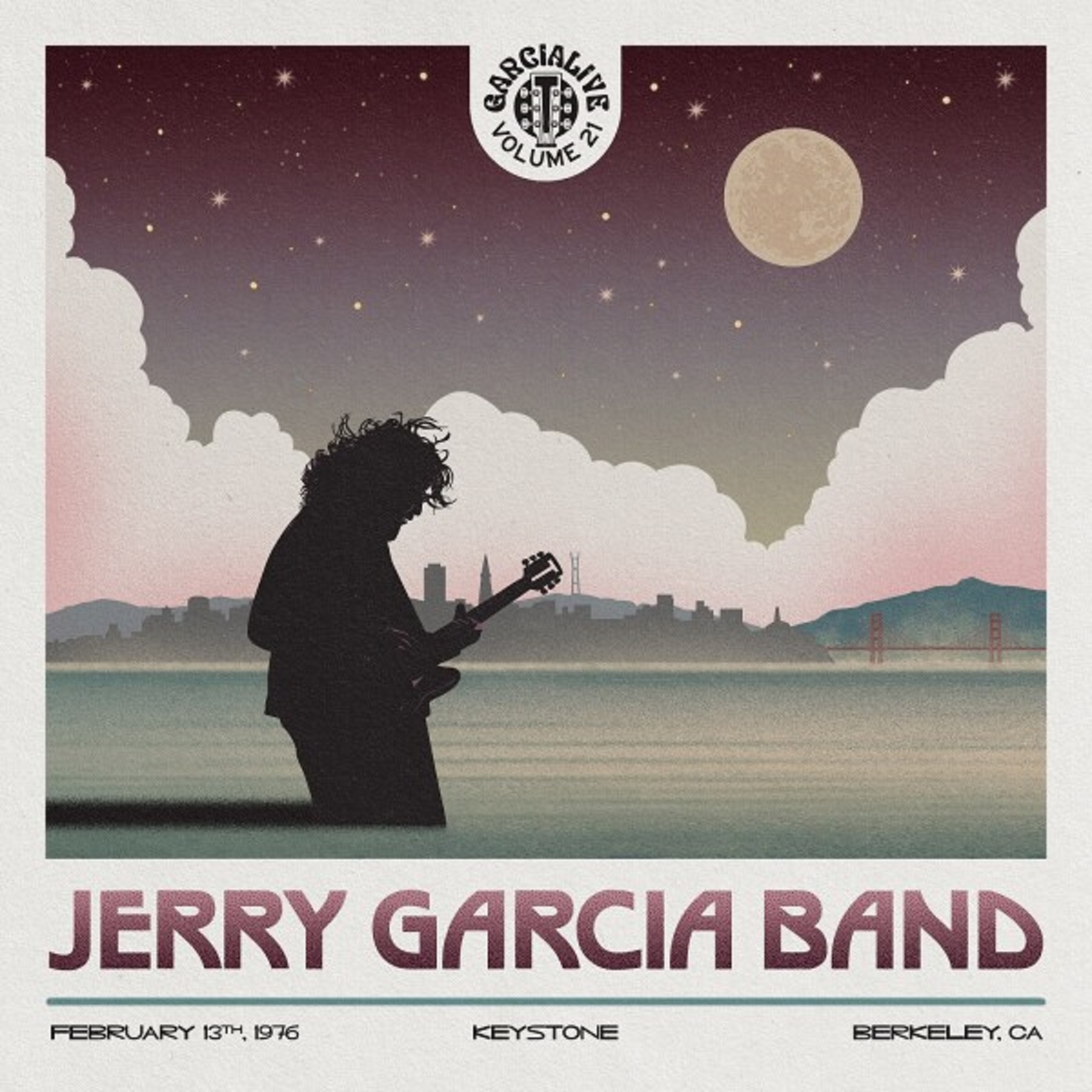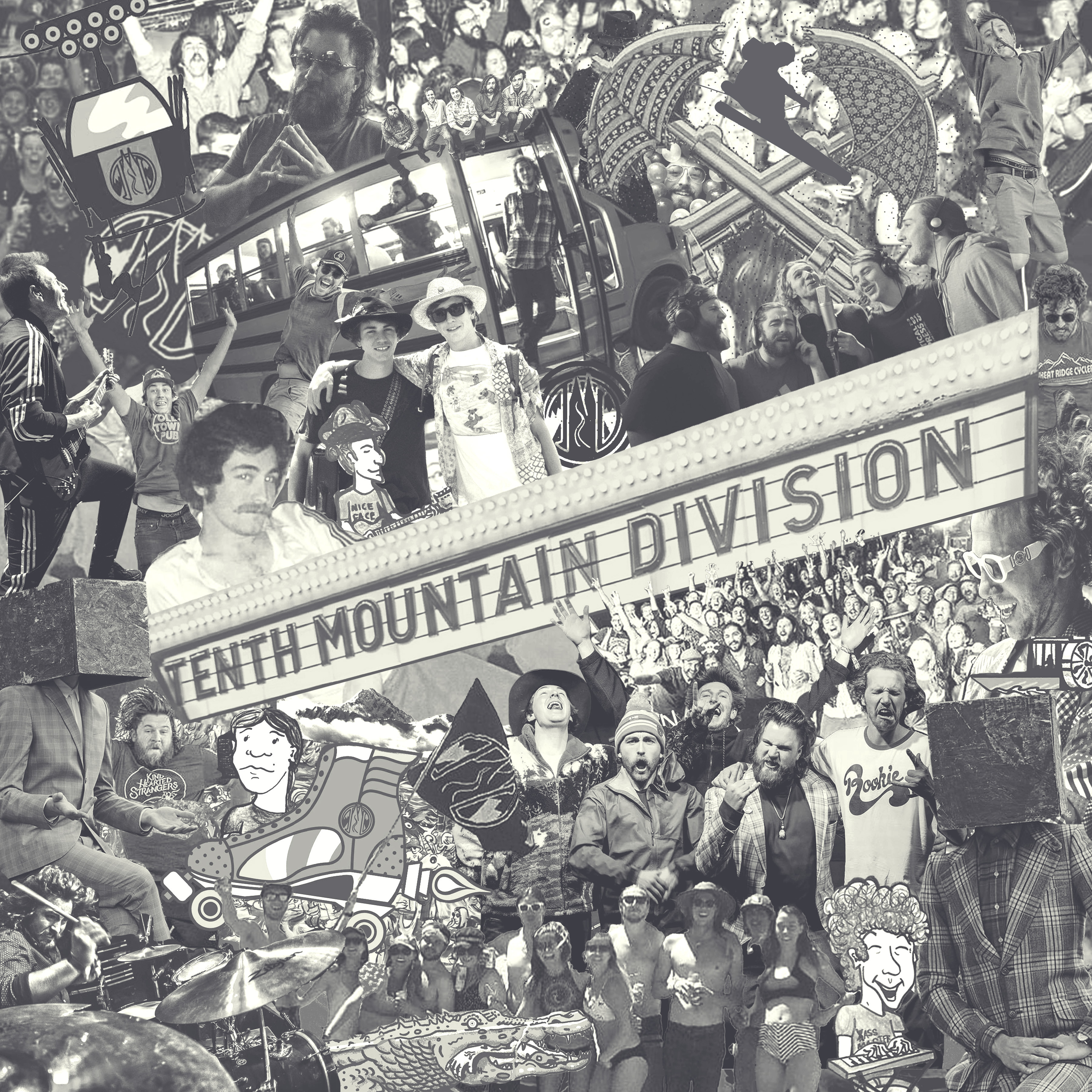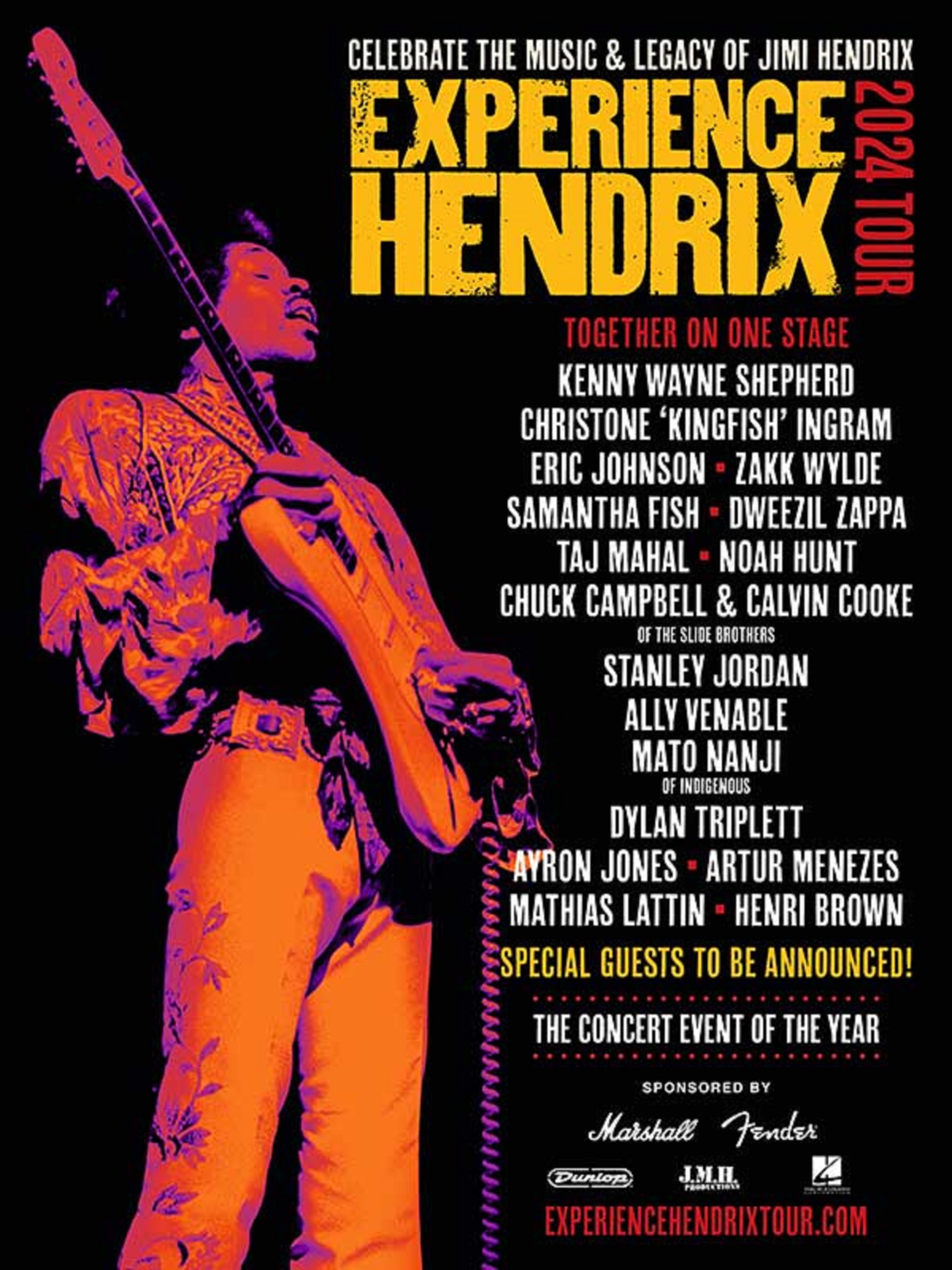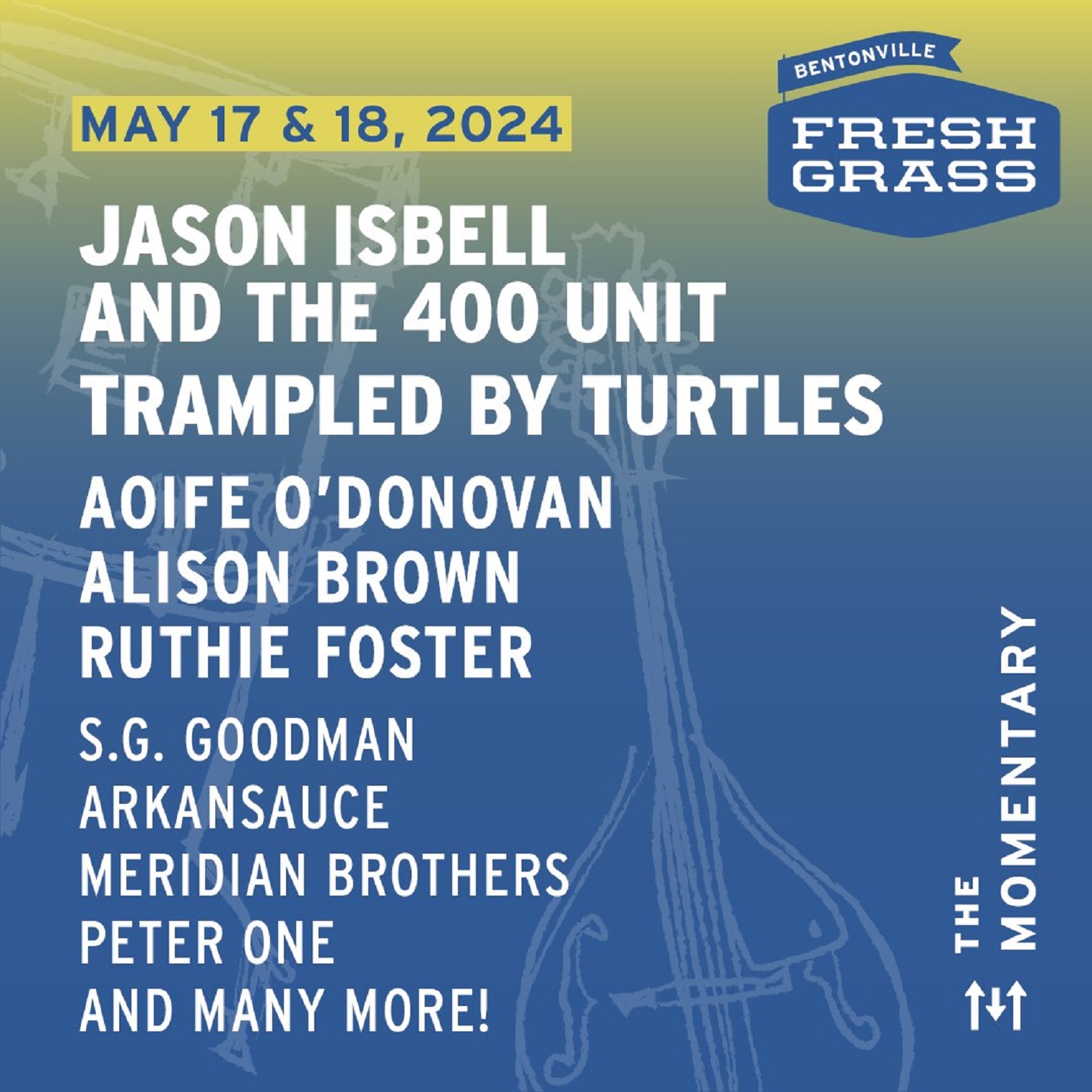Today, folk musician Nicholas Edward Williams unveils his sophomore release Folk Songs For Old Times’ Sake, encompassing 14-tracks of rearranged traditional folk ballads, early country, piedmont blues, old-time and ragtime.
Willing a myriad of musical ghosts from the past, Williams breathes fresh life into dusty songs passed down long ago in the oral tradition, tilled from the earth and sang for multiple generations before recordings were made. Folk Songs For Old Times’ Sake connects with this deep-seated history while intriguing casual listeners and contemporary Americana lovers.
“These renditions seem to fit somewhere between the ideals of hardcore traditionalists and listeners who might enjoy some folk, blues or country music, and that feels appropriate. I’m not authentic, in that I didn’t grow up with this music, nor do I have any familial ties to these genres. My love for this music started while criss-crossing across the country before settling in the South, and really beginning to study the history behind it all.”
Folk Songs For Old Times’ Sake is drenched in equal parts entertainment and preservation, anchored by an authenticity that may leave less-informed listeners with the impression that the songs are of Williams’ creation. Recorded atop Lookout Mountain at Williams’ home studio in Rising Fawn, GA, home of pioneering guitarist Norman Blake, the album’s bare yet adequate instrumentation gives the songs new vitality and real estate in the modern world, showcasing the longevity of their melodies.
Kicking off the record is a velvety and punchy ragtime rendition of Elizabeth Cotten’s “Shake Sugaree", where Williams lays a foundation of infectious Piedmont blues picking, ragtime banjo and ethereal vocals, highlighted by a surprisingly befitting clarinet from Gordon Inman, and jug-like bass guitar by Cody Ray, nodding at articulations heard on Paul Simon’s Graceland.
The energy quickly shifts towards old-time with William’s agreeable take on the traditional “East Virginia Blues'', accompanied by upright bass and fiddle. A mixture of influences from The Carter Family and The Stanley Brothers leaves no doubt on this number, recorded around one microphone with gleeful and soaring three part harmonies by bassist Jade Watts and fiddler Emma Dubose. The same texture and format are found in performances of the 17th century Scottish ballad “Peggy O” as well as The Carter Family’s “Thinking Tonight of My Blue Eyes”, with bows to Gene Autry’s 1942 version.






